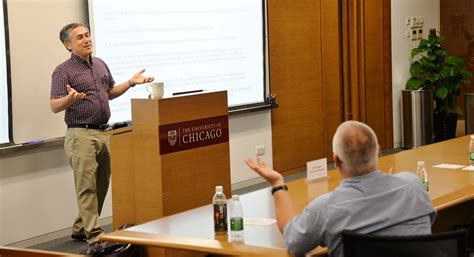A Quote by Morgan Ortagus
We want to have diplomatic engagement with the North Koreans.
Quote Topics
Related Quotes
There is reason to say that negotiations with the North Koreans are not easy, they may not succeed, but they may be a way of getting to where we want to get to, limiting the capability of the North Koreans to do harm to us and our allies without the use of military force and without the risk of a major war in Northeast Asia.
The North Korean Communists are implacably pursuing their military buildup in defiance of the international trend toward rapprochement and of the stark reality of the Korean situation, as well as of the long-cherished aspiration of the 50 million Koreans. The North Koreans have already constructed a number of underground invasion tunnels across the Demilitarized Zone.
I don't think there's much chance that the North Koreans would attack Guam or any other territory out of the blue. They would only counterattack if they felt existentially threatened. The questions is, At want point will North Korea feel it is threatened enough to make such a strike? We don't know that yet.
In contrast, Western historians, and those in South Korea, say the North attacked the South on June 25, 1950. Both sides agree that after the war began, the North Korean Army captured Seoul in three days and pushed as far south as Pusan before American troops arrived to drive back the North Koreans nearly as far north as the border to China.

































